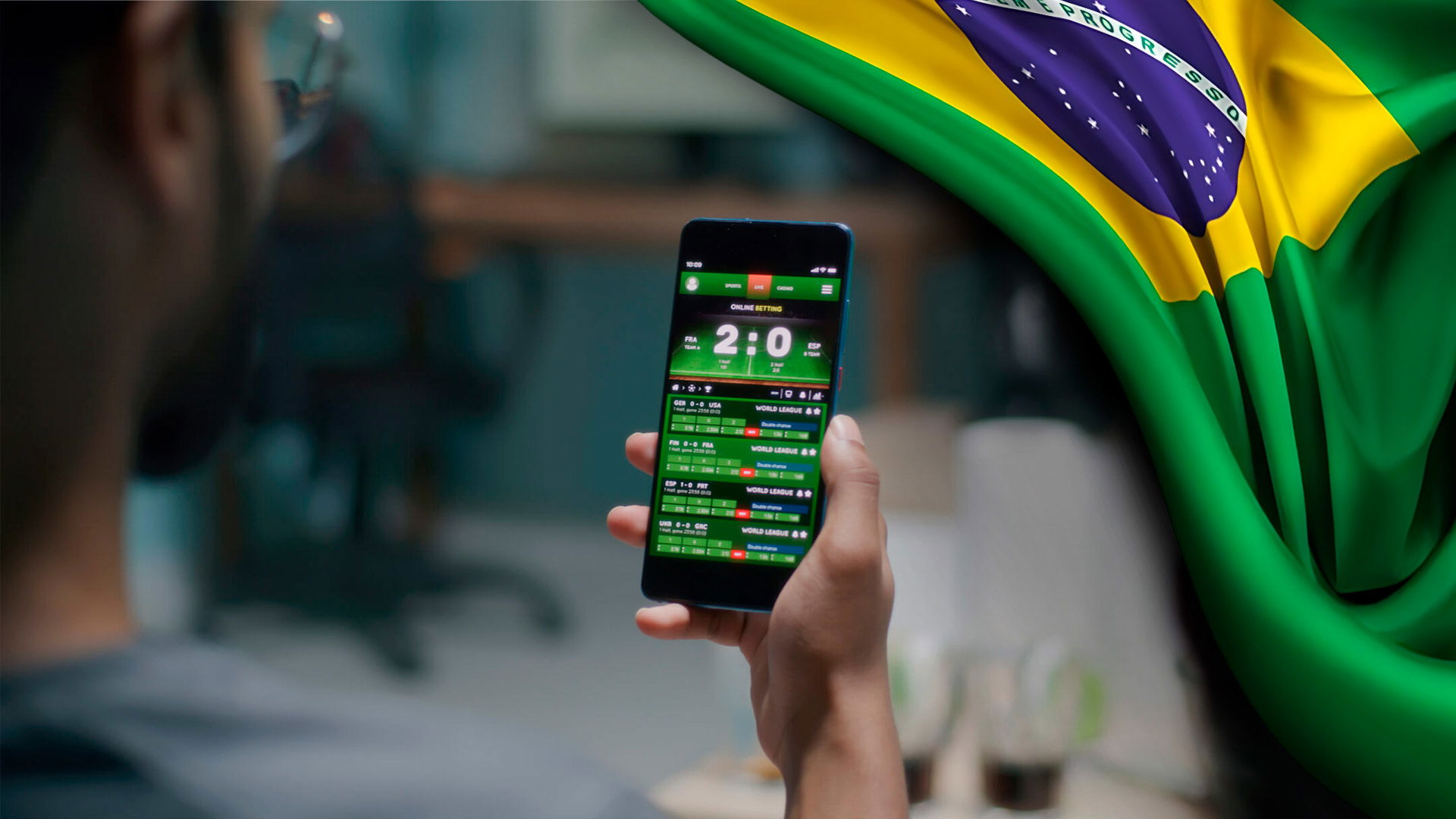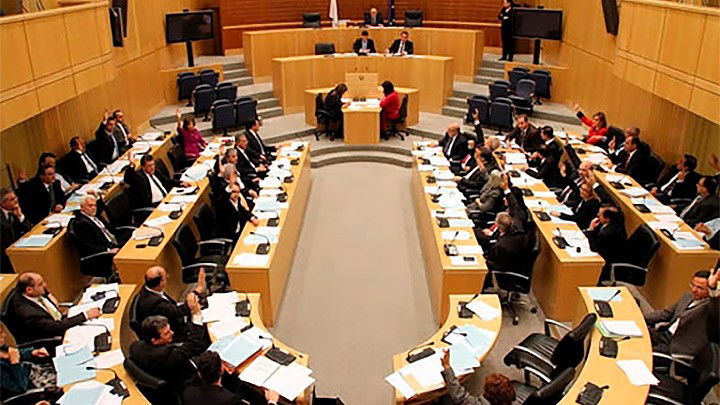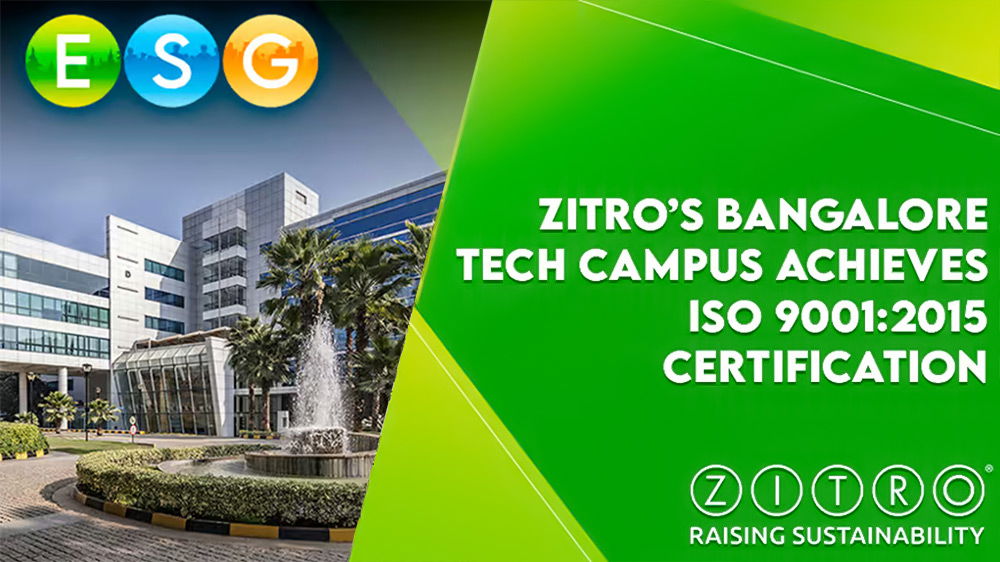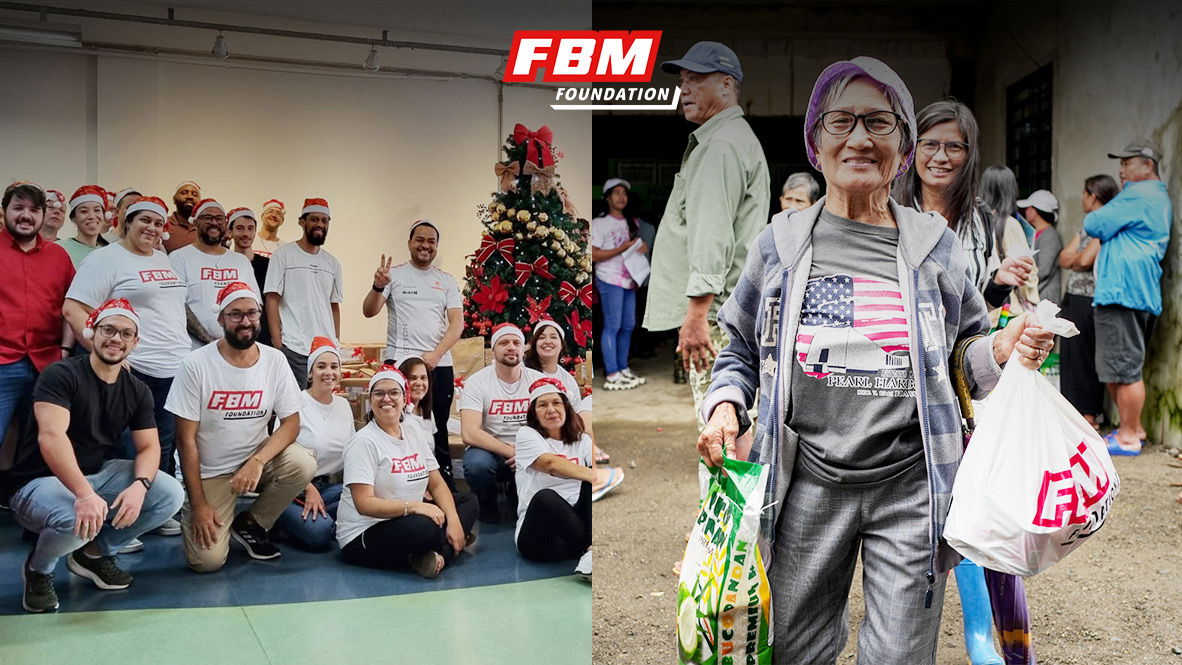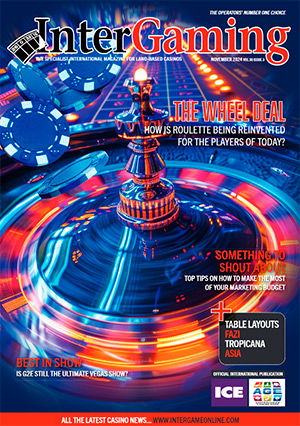"Brazilian government could edit the regulations for sports betting in 60 to 90 days"
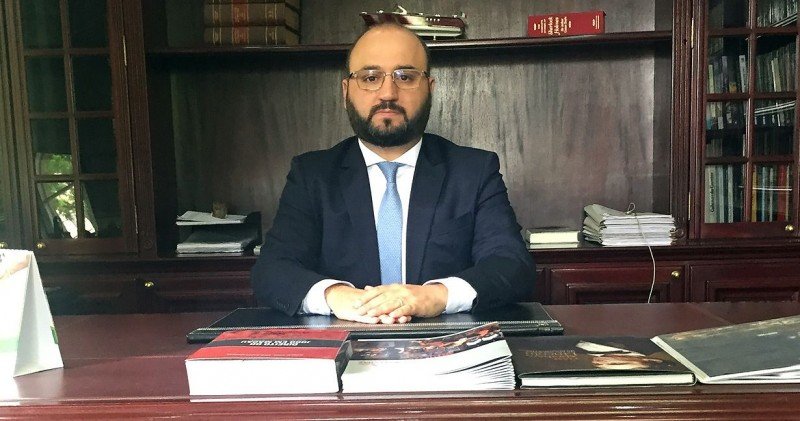
By the end of last year, the Brazilian Congress approved the Provisional Measure (MP) 846, then signed into Law 13,756/2018 by the President in December 2018, which authorizes land-based and online sports betting in Brazil, but the legislation is still to receive enforcement regulations so the licenses are granted to private operators.
Two operating models are being evaluated, both for live and online betting. Edgar Lenzi, BetConsult’s founder and director, and gaming industry specialist lawyer, explains that such models are either a ‘concession model’ or an ‘authorization/permission model’, being the first one a more bureaucratic form of license granting for a few or a single operator, and the second model based in a free market environment that allows anyone who fills the legal and regulatory requirements to operate.
He remarks as an important step towards the regulation the May 22 public hearing at the Sports Committee of the House of Representatives, where Lenzi and sector representatives and specialists spoke about the possible regulation models, specifying that the authorization/permission model would be a better fit for the Brazilian Sports Betting market.
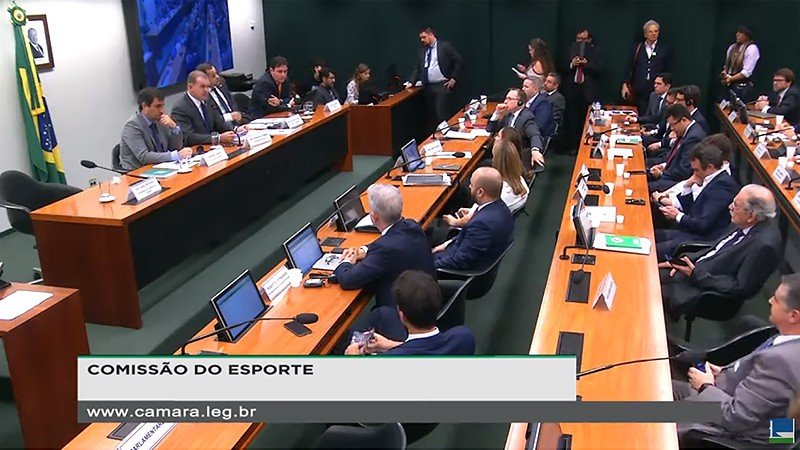
“The current expectations are that the Federal Administration will edit the regulations in 60-90 days, even the Law 13,756/2018 providing a two-year deadline, with one renewal for the same period, for the regulations to be edited,” Lenzi states. “Since the Law 13,756/2018 was sanctioned, the sports betting market suffered a big change, with the growth in soccer clubs advertisement, soccer tournaments leagues, ambassadors, land based operations, new platforms being developed, among others, and with a big increase in the betting volume.”
As for Lotex, the Brazilian Instant Lotteries, the decision to grant the license to only one operator has not succeeded after successive presentations of the asset to international investors in cities like London and Las Vegas, and several auction attempts since July 2018. It has been postponed five times, due to low interest.
Only two companies were interested in the dispute, IGT Global Services Limited and Scientific Games Corporation, according to Lenzi. “The two eventually came together to evaluate a joint offer. Meanwhile, they demanded from the government answers like what would happen if they gave up the asset after the auction. Given the low interest, the government found it better to redo the dispute to attract more companies,” he explained.
Because of all this, the Federal Administration decided to change the license granting model. Alexandre Manoel, Secretary of Evaluation of Public Policies, Planning, Energy and Lottery (SECAP) of the Ministry of Economy, said: “We are making the announcement to change the rules to attract the 30 [largest], precisely to generate competition and ensure market opening."
Now the government intends to reduce the required amount of experience operating the instant lottery service. In the original announcement, the company had to demonstrate that it had already managed an instant lottery service with revenues of R$ 1.2 billion or more.
In addition, the government plans to reduce the value of the guarantee to something on the level by up to one third of what came out in the last announcement. Previously, a minimum amount of R$ 27.3 million was required and could be provided in cash, public debt security, guarantee insurance or bank guarantee and have a minimum term of one year. That is, the new value would be could fall to about R$ 9 million. “The government didn’t say that they will grant more licenses than one as previously but probably it can happen,” Lenzi adds.
As regards casino and other gaming verticals’ legalization, both bills (PL 442/1991 and PLS 186/2014) are ready to be voted by each plenary. A request was made by the President of the Tourism Committee of the Chamber of Representatives, Newton Cardoso Júnior, to the Speaker of the House, Deputy Rodrigo Maia, in which he asked for Maia for the PL 442/1991 to be voted by the House no further than September 2019.
Also in a meeting with State Governors representatives, one list with emergency bills to promote the economic development was agreed and the gambling bills are the second priority in the list. “The Integrated Casino Resorts have received a strong support and pressure to be approved exclusively, with big political players working for this, and with the Chamber and Senate Speakers in favor, among others,” Lenzi concludes.


